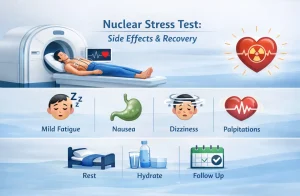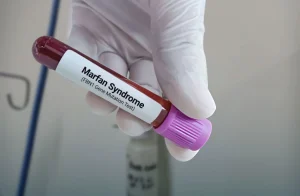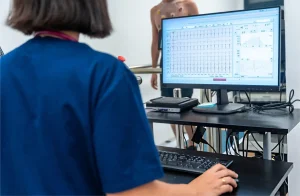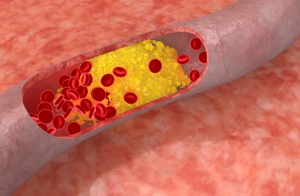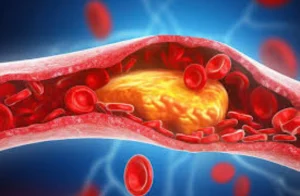Living with heart failure can be challenging, but advancements in medical science offer hope for a better quality of life. One cornerstone of modern heart failure treatment is GDMT – Guideline-Directed Medical Therapy.
While it might sound complex, at its heart, GDMT represents a personalized approach to managing heart failure using a combination of medications proven to improve outcomes.
Statistics highlight the critical need for effective heart failure management. The Centers for Disease Control and Prevention (CDC) reports that around 6.2 million adults in the United States are living with heart failure.
Sadly, it’s a leading cause of hospitalization, and approximately half of people diagnosed with heart failure die within five years of diagnosis. This sobering reality underscores the importance of GDMT in helping individuals live longer, fuller lives.
What is GDMT Heart Failure?
GDMT, or Guideline-Directed Medical Therapy, in the context of heart failure, isn’t just a collection of medications. It’s a dynamic and evidence-based treatment strategy designed to optimize the management of heart failure, specifically targeting those with reduced ejection fraction (HFrEF).
In essence, GDMT is about using the right medications, at the right doses, in the right combinations, and at the right time to achieve the best possible outcomes for each individual.
This approach goes beyond simply treating symptoms; it aims to slow the progression of heart failure, reduce hospitalizations, and most importantly, extend life expectancy.
GDMT is backed by extensive research and clinical trials, and it represents the gold standard of care for heart failure patients as recommended by leading cardiology organizations like the American Heart Association (AHA) and the American College of Cardiology (ACC).
What is Included in GDMT?
The core of GDMT comprises four main classes of medications, each with its own specific mechanism of action, working in concert to address the complex challenges of heart failure
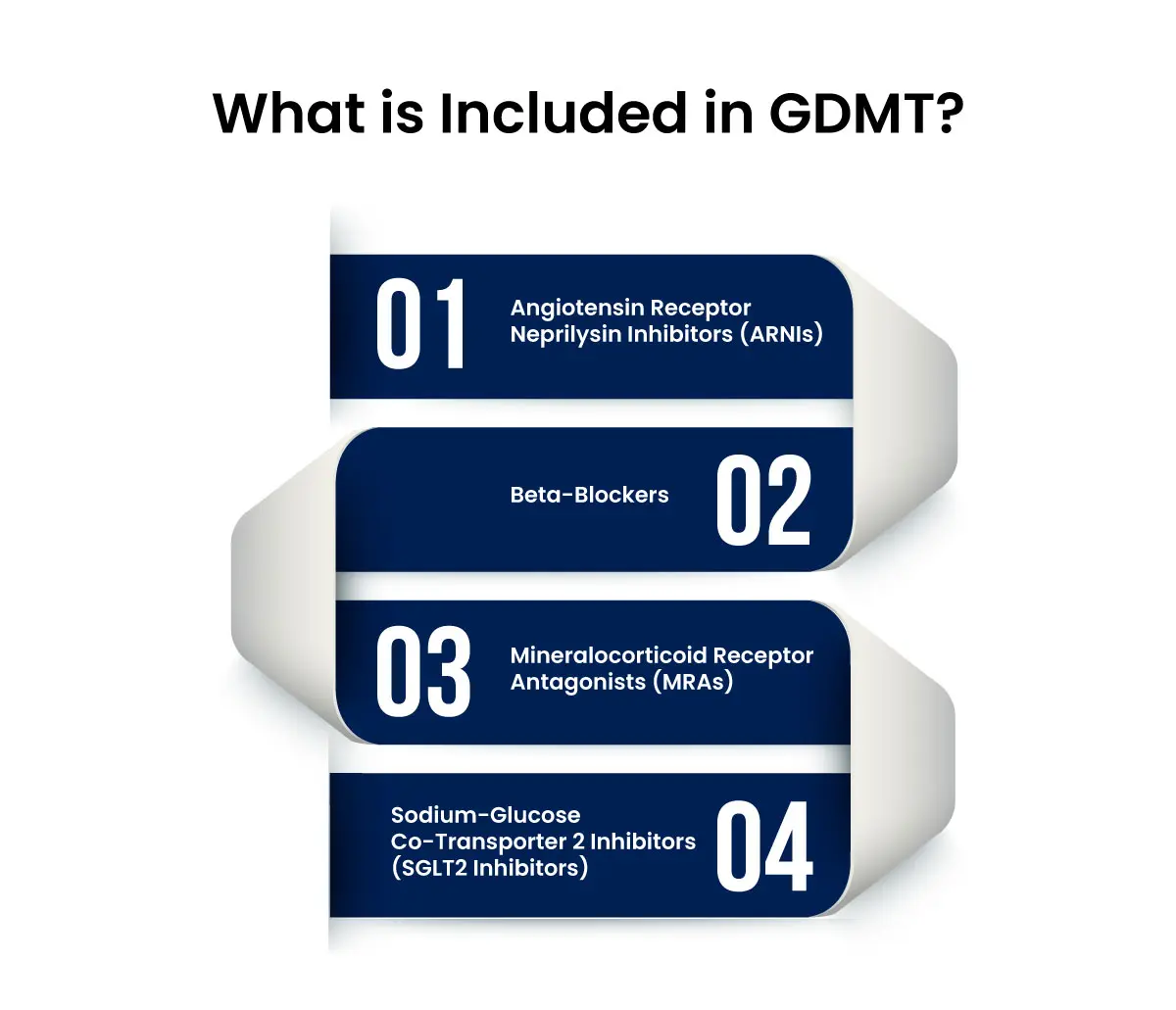
Angiotensin Receptor-Neprilysin Inhibitors (ARNIs)
ARNIs are a relatively new class of medication that have revolutionized heart failure treatment. They work by blocking harmful hormones that constrict blood vessels and overload the heart, while simultaneously enhancing beneficial pathways that promote heart health.
Beta-Blockers:
These medications slow down the heart rate and reduce blood pressure, helping to decrease the heart’s workload and prevent further damage.
Mineralocorticoid Receptor Antagonists (MRAs):
MRAs block the effects of a hormone called aldosterone, which contributes to fluid retention and heart muscle stiffening in heart failure.
Sodium-Glucose Co-Transporter 2 Inhibitors (SGLT2 Inhibitors):
Originally developed for diabetes, these medications have shown remarkable benefits in heart failure by promoting sodium excretion and improving heart function.
Who Will Require A GDMT?
GDMT is primarily indicated for individuals diagnosed with heart failure with reduced ejection fraction (HFrEF). This specific type of heart failure occurs when the heart’s main pumping chamber, the left ventricle, becomes weakened and unable to pump out enough blood with each contraction. The ejection fraction, a measurement of how much blood the left ventricle pumps out with each beat, is significantly reduced in HFrEF.
While there are other types of heart failure, GDMT is particularly impactful in managing HFrEF because the medications within it directly target the underlying mechanisms that contribute to this condition.
In addition to HFrEF, GDMT might also be considered for individuals with other forms of heart failure or specific cardiac conditions if their healthcare team believes they could benefit from these medications. It’s essential to remember that the decision to initiate GDMT is always made on a case-by-case basis, carefully weighing the potential benefits against any potential risks and considering the individual’s overall health status.
Prevent heart problems before they start – Schedule a preventive checkup
Contact UsRole of GDMT When EF Recovers
While GDMT is initially targeted towards improving heart function in patients with reduced ejection fraction, its role doesn’t necessarily end when the ejection fraction recovers. There’s a growing body of evidence suggesting that continuing GDMT, even after EF improvement, can be crucial for long-term heart health.
This approach is based on the understanding that even though the ejection fraction may have normalized, the underlying heart condition hasn’t completely disappeared. The heart might still be vulnerable to further damage, and discontinuing GDMT could increase the risk of relapse or future heart failure events.
Studies have shown that patients who stop GDMT after EF recovery experience higher rates of heart failure recurrence, hospitalization, and even mortality compared to those who continue treatment. This highlights the importance of viewing GDMT as an ongoing strategy for managing the underlying heart condition, rather than just a temporary fix for a low ejection fraction.
The decision to continue or adjust GDMT after EF recovery is made in close consultation with your healthcare team. They will carefully assess your individual circumstances, including the underlying cause of heart failure, the extent of EF recovery, and any potential risks or side effects associated with continued medication use.
In some cases, the dosage or combination of medications within GDMT might be adjusted after EF recovery, but the core principles of the therapy remain the same: to protect the heart, prevent further deterioration, and maintain optimal quality of life.
Why GDMT Matters
The importance of GDMT in the context of heart failure cannot be overstated. This comprehensive treatment approach has a profound impact on a patient’s life, extending far beyond just managing symptoms:
Increased Years of Survival
Research consistently shows that individuals adhering to GDMT experience a significant increase in life expectancy compared to those who don’t. This can mean several additional years to spend with loved ones, pursue passions, and achieve personal goals.
More Years Free from Cardiovascular Death
GDMT not only prolongs life but also improves its quality. By reducing the risk of heart attacks, strokes, and other cardiovascular events, it helps individuals live longer, healthier lives, free from the fear and complications of major cardiac events.
Prevent heart problems before they start – Schedule a preventive checkup
Contact UsFewer Hospitalizations
Heart failure often leads to frequent hospital admissions, disrupting daily life and adding emotional and financial strain. GDMT significantly reduces the need for hospitalizations, allowing individuals to stay at home, maintain their independence, and enjoy a more stable lifestyle.
Improved Quality of Life
Beyond the clinical benefits, GDMT also enhances the overall well-being of heart failure patients. By improving heart function, reducing symptoms like fatigue and shortness of breath, and boosting energy levels, it empowers individuals to participate more fully in their lives and enjoy activities they once thought impossible.
Ending Notes
GDMT offers a powerful way to regain control in the face of heart failure. It’s about more than just medicine; it’s about living a longer, more fulfilling life. If you or someone you love is facing heart failure, remember that GDMT can open doors to a brighter future. Talk to your doctor about how it could help you. Cardiologists at Atlantic Cardiovascular can help you with GDMT. Book your consultation today!



